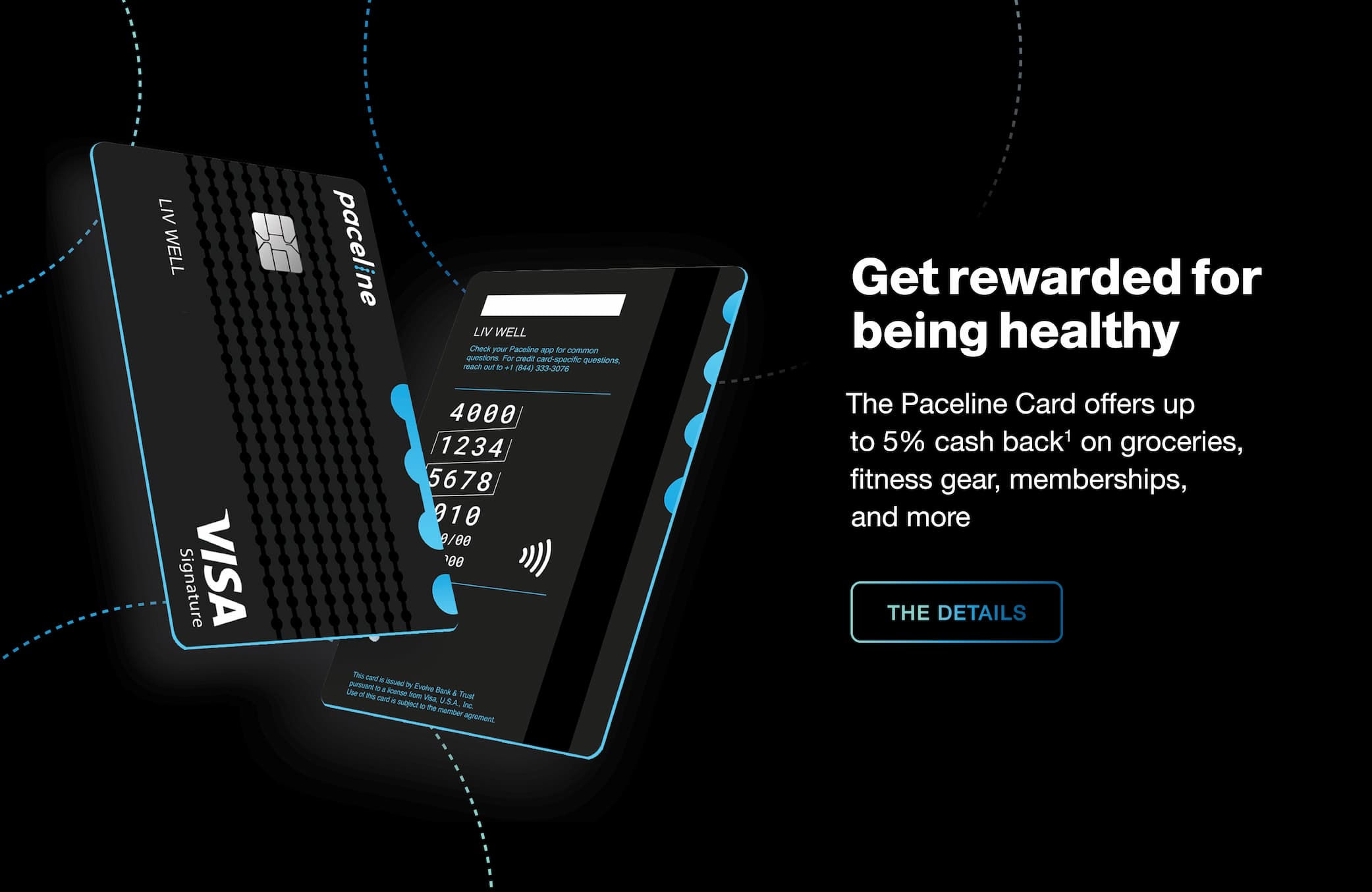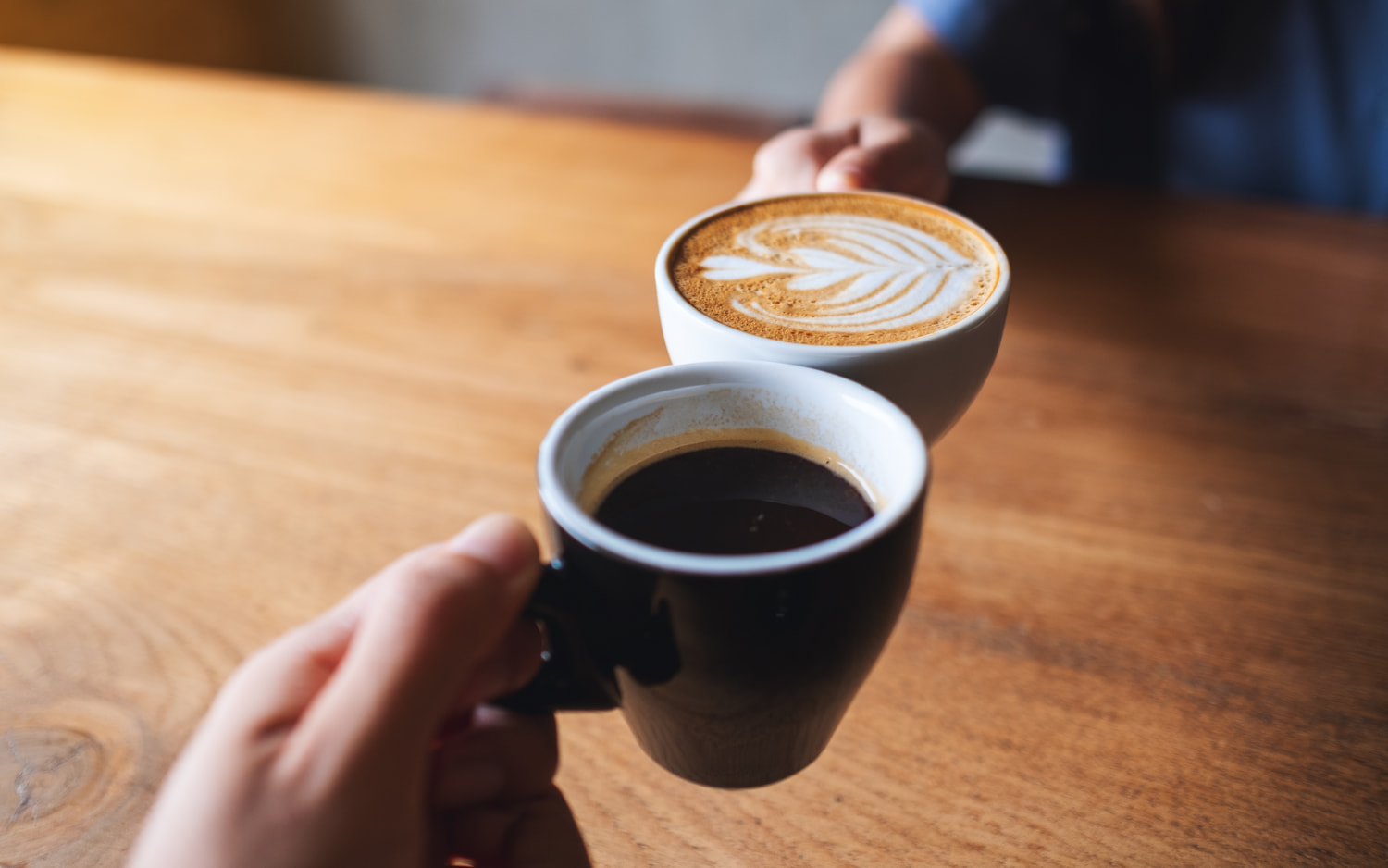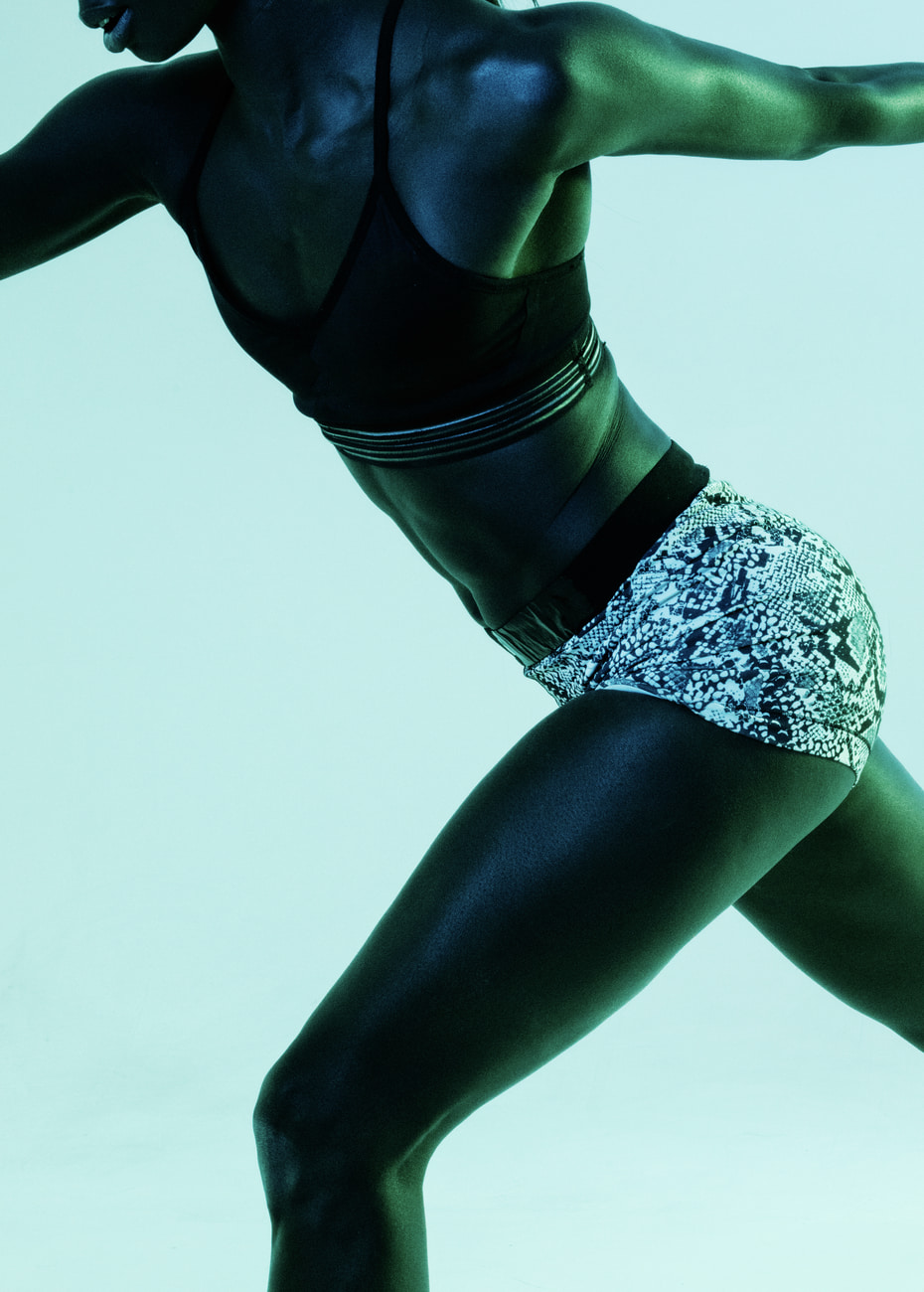A daily cup of coffee is something about half the American population has in common. Whether it’s delivered in a to-go cup or in a mug at home, there’s no lack of discourse around this beloved morning ritual. And that includes some misconceptions. We’re going to set the record straight with some help from Alan Leviton, MD, of Boston Children’s, a Harvard Medical School Teaching Hospital, who has studied the link between coffee and reduced risk of depression.
If all this coffee talk has you craving a cup of joe, hit your streak and head over to the Paceline app to unlock this energizing exercise reward: Buy one bag of coffee from I Have a Bean, which selects their coffee from the top 1% in the world, get one bag free (an $18 value)!

Myth #1: Decaf coffee doesn’t offer the same benefits as regular coffee
Many of the same potential health benefits, like lower risk of certain chronic diseases still exist in decaffeinated coffee (although sometimes to a lesser degree), so if you’re not looking for a caffeine fix, decaf may be a good option for you. One thing to keep in mind, though, is that many of the studies that look at the health benefits of coffee are unable to rule out other lifestyle factors (think: regular exercise and healthy eating) playing a role.
Myth #2: Coffee dehydrates you
“This is not supported by the best studies,” Dr. Leviton said. “[Coffee] has a urinating-promoting effect, but it’s trivial [for the average person].” In fact, a 2014 study from the University of Birmingham found coffee to have similar hydrating qualities to water. So while you shouldn’t plan to hit your daily hydration goals with coffee alone, you’re probably not undoing them, either. (FYI: The FDA recommends sticking to less than 400 milligrams of caffeine per day, though that can vary based on how sensitive you are to the substance.)
Myth #3: The best coffee is expensive
It’s really the dealer’s choice. Dr. Leviton attested that price alone likely won’t change coffee’s health benefits. Taste, however, is a whole different story—and something only you can decide for yourself.
Myth #4: Cold brew is just cold coffee
Cold brew is made by adding room-temperature or colder water to coffee grounds and letting them steep for as long as two days. Brewing hot coffee is a much quicker process: hot water is mixed with grounds and steeped for only a few minutes. And the differences don’t stop there: A study done by Thomas Jefferson University concluded that cold brew is slightly less acidic than its hot coffee counterparts, but that hot coffee showed a higher capacity for antioxidant levels, especially with a darker roast. “My advice to consumers has always been to drink what they like,” Niny Z. Rao, Ph.D., the project’s principal investigator told the American Chemical Society. “But if you want to craft a coffee beverage with antioxidants or acidity in mind, you may want to pay attention to roast.”
Myth #5: You’re only benefiting from coffee if you drink it black
You don’t have to be a purist to get the most out of your morning brew. A recent study published in The Annals of Internal Medicine found that coffee may be linked to a lower mortality risk. That included those who added a teaspoon of sugar. (Although, it’s important to note this is significantly less sugar than is typically added to a caramel macchiato or other specialty drinks.) And while this article didn’t mention the impact of adding milk or cream to your brew, know that Dr. Leviton himself prefers his coffee with a splash of whole milk.
While your morning routine is safe from these myths, Dr. Leviton said that first and foremost you should drink your coffee because you enjoy it. Any added health benefits are simply a bonus.


